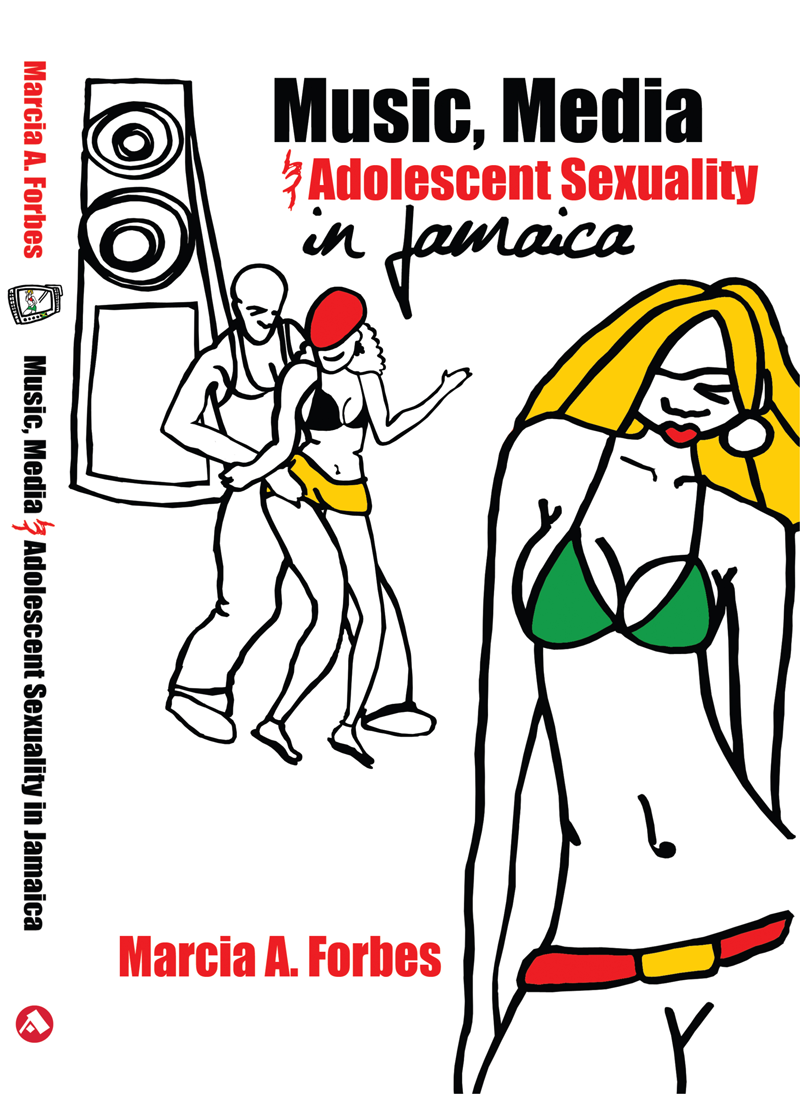Jamaica After Bruce Golding
Jamaica After Bruce Golding
October 2, 2011
Last week the Caribbean Journal invited me to submit my views regarding the future of politics in Jamaica after Bruce Golding. This request came on the heel of Golding's announced intention to step aside as Pime Minister of Jamaica and as leader of the Jamaica Labour Party, the helm of which he took in 2004.
A Fractious Party

The JLP is a political party that has experienced a fair share of internecine conflict driven by various factions and what some describe as ‘unbridled self-interests’. The 1999 ‘Gang of Five’ leadership battle, the 2004 ousting of then leader, Edward Seaga, by the ‘Young Turks’ and now the apparent pressure on PM Golding from a group within the JLP that some call ‘The Brady Bunch’ are only a few examples of the generally fractious culture of this party.
Pressure via Facebook
That Bruce Golding, Prime Minister and leader of the JLP took so long to resign is a puzzle to many. From as far back as mid-May last year a Facebook account calling itself ‘Resign Now Bruce’ was started. Its purpose was obvious. As at September 30, 2011, that Facebook account had 3,419 likes. Those involved with social media know how hard it is to generate ‘likes’. Another Facebook account ‘We Need 500,000 People To Tell Bruce Golding To Resign’ started on May 17, 2010, one day after the previously mentioned account, and now has 1,326 likes. There may be others but these are the two that Google search threw up. Reading some of the Facebook comments reveals that many who posted were supporters of the opposition People’s Nation Party (PNP).
Taking the High Ground
Following the June 2010 extradition of Christopher ‘Dudus’ Coke, matters pertaining to Manatt, Phelps, Phillips (MPP) and Dudus crowded public and private discourse in Jamaica, building to a crescendo with intensified calls for the resignation of Prime Minister Golding way beyond Facebook and the PNP. Three months after the MPP Commission’s report which described his actions as “inappropriate”, Bruce Golding has taken the moral high ground and announced his intention to walk away from the leadership of the JLP and his post as Prime Minister of Jamaica.
Reports are that this follows on the heel of a UWI study commissioned by Golding which saw him as incapable of taking the JLP into election victory in 2012. Be that as it may, Bruce Golding has taken a bold and unprecedented step by announcing his intention to resign by November 2011 at which time the JLP will have a new leader and Jamaica a new Prime Minister. His declaration of this intention, from which he has not resiled despite calls from within the JLP, signals a new day for politics in this Caribbean island nation of less than 3 million. This could be the start of a cultural sea change that is essential to repairing a broken political system where politicians do not hold themselves accountable for their actions.
What Now?
Prime Minister Golding’s action is historic. It has thrown Jamaica, the JLP and the PNP into a state of cognitive dissonance. While many may have wanted him to resign, that desire is now at odds with how politics has been practiced in Jamaica. Embattled leaders usually dig-in, not walk away and especially not when elections are constitutionally due in about a year’s time. Jamaica is at a generational crossroad regarding what is expected of political leaders. This was reflected in several post-resignation comments via Twitter disparaging the call for national elections by the PNP that followed quickly after Golding’s announcement. One humourously serious tweet asked how the PNP could be calling for elections when Portia Simpson-Miller (the leader of the PNP) had not yet resigned. The futures of the JLP and the PNP are tied up in shifting perceptions of what is expected and will be accepted from political leaders.
How things are playing out within the JLP has the nation and its Diaspora as well as potential investors, lending agencies and others paying keen attention. Will the JLP rise to the challenge of moving beyond vested interests? The people’s choice based on several poll results over the past year, Andrew Holness, was asked by the ‘Brady Bunch’ to step aside to allow Audley Shaw the opportunity. New Kingston (a metaphor for big business interests) is said to prefer Shaw, the current Minister of Finance. Will there be an issue of compromised legitimacy? What of the nuanced reality of JLP politics where Dr. Christopher Tufton, a proven performer and second to Holness based on polls, is regarded by some ‘rock-stone labourites’ as an ‘NDMite’ and therefore not worthy of the’ coveted prize’? How will the JLP and in particular its approximately 5,000 voting delegates ensure that Bruce Golding’s sacrifice for his party is not wasted? What of the PNP, will they heed the call by some for a new leader? If so, who would that be? We wait!


